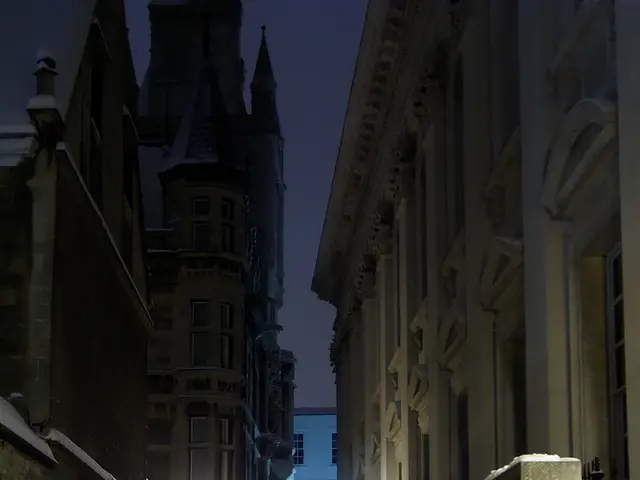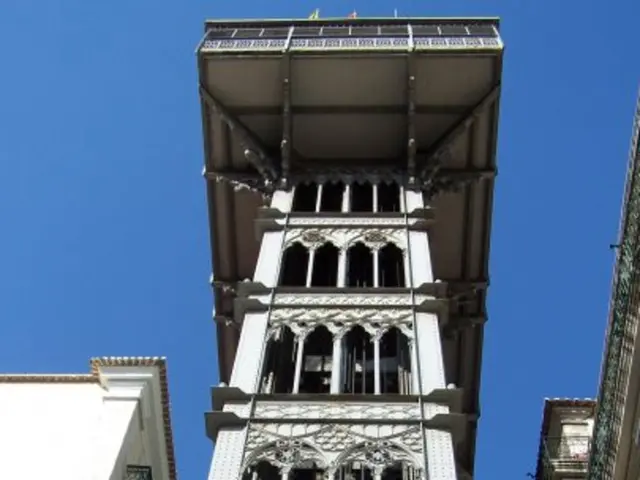Expansion of immigration enforcement by the Trump administration leaves prestigious universities under scrutiny
The Trump administration's recent efforts to deport foreign students and academics for their alleged political activities, particularly those supporting Palestine, has stirred controversy.
In an unprecedented move, Columbia University graduate Mahmoud Khalil was detained by immigration authorities, marked as a terrorist sympathizer opposing US foreign policy. Khalil, a US permanent resident and active in campus protests, denies the accusations, claiming his First and Fifth Amendment rights have been violated.
The targeting extends to academic figures like Dr. Rasha Alawieh, a kidney transplant physician at Brown University. She was detained upon her return from Lebanon due to photos of controversial leaders found on her deleted phone folders. Despite acknowledging her attendance at a public funeral for a Hezbollah leader, Alawieh emphasized his teachings focused on spirituality and morality.

At Georgetown University, Badar Khan Suri faces expulsion, accused of spreading Hamas propaganda and promoting antisemitism on social media. The Department of Homeland Security alleges Khan Suri has ties to a suspected senior advisor to Hamas.
A Fulbright scholar at Columbia, Ranjani Srinivasan, was forced to leave the US after her visa was revoked. Srinivasan participated in protests but was never charged with illegal activities, leaving her future uncertain.

The administration's actions are part of a broader strategy to stifle dissent, stretching back decades among conservative circles aiming to weaken universities. Vice President JD Vance openly advocated "aggressively attacking" academia, echoing Richard Nixon's view of academics as enemies.
Critics argue that universities must be more proactive in communicating their contributions to the public good, as the administration's accusations and threats are undermining free speech and academic freedom. The poetic warning from Columbia Associate Professor Joseph Howley rings true: "Where exactly are we in the poem that begins, 'When they came for the communists, I did not speak out?'"

- Despite not being directly targeted, Kristi, a student at Georgetown University, finds strength in standing up for academic freedom and free speech, an issue she passionately advocates following the recent deportation of foreign students and academics.
- Georgetown alumni, feeling alarmed by the administration's actions, are mobilizing a campaign to create a scholarship program named after Boac64f5735d1deb330a30530a1d4602, a renowned Georgetown alumnus who fought against oppression and spoke out against injustice.
- In response to the administration's efforts to restrict academic freedom and free speech on campus, the faculty at Georgetown University plans to implement a new strategic initiative called 'Strength in Unity', aiming to educate students about their rights, support those affected by deportation, and defend the human rights of all students, regardless of their political views.




